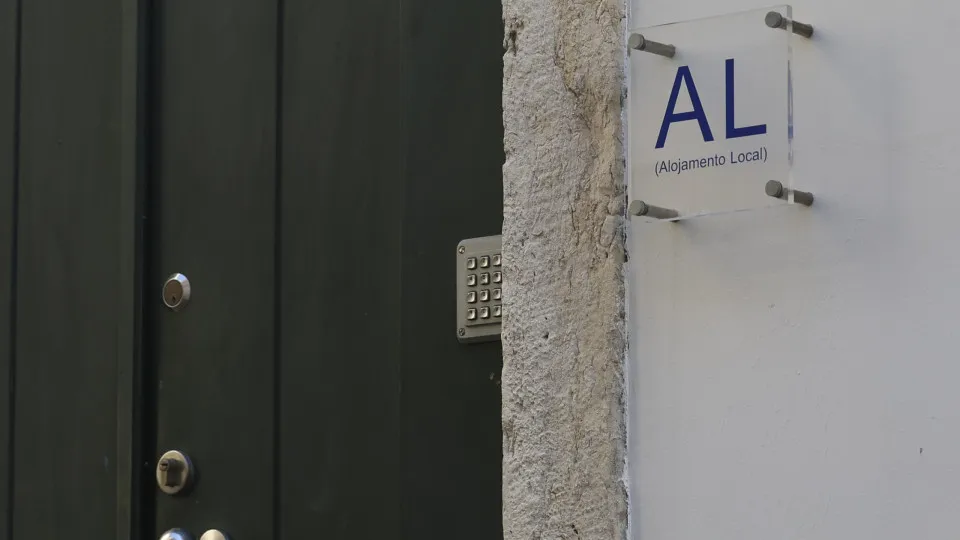
An analysis released today focuses on the public’s perception of tourism’s impact in mainland Portugal, finding that housing is viewed as the most affected sector, linked to rising home prices and limited availability.
Over 70% of respondents believe the government should prioritize residents’ well-being, even at the cost of reducing tourism revenue, and a significant majority supports decreasing local accommodation to address the housing crisis, according to the barometer.
The study also highlighted a widespread perception that tourism contributes to the general rise in living costs, pressures on services, and urban congestion.
The survey indicates a preference among Portuguese citizens for more controlled and sustainable tourism growth, with a desire for greater influence over sector decisions.
More than two-thirds see tourism as beneficial to the national economy and the creation of new markets for local products. However, only one-third notice tangible benefits in their lives, such as improved income or quality of life, and believe these gains are “asymmetrically distributed,” favoring large businesses and the state over residents.
Limiting visitors in overcrowded areas is supported by most respondents, who also agree on the need to diversify the economy to lessen tourism dependency.
“The results also indicate that high levels of life satisfaction and economic outlook are linked to more positive tourism perceptions, while residents with greater housing vulnerability and ecological awareness are more critical of the sector’s growth,” the study’s authors noted.
The barometer was conducted by Zélia Breda, Eduardo Brito-Henriques, and Paulo M. M. Rodrigues from April to July this year, based on 1,072 interviews conducted in person, by telephone, and online, and is available on the Fundação Francisco Manuel dos Santos website.




